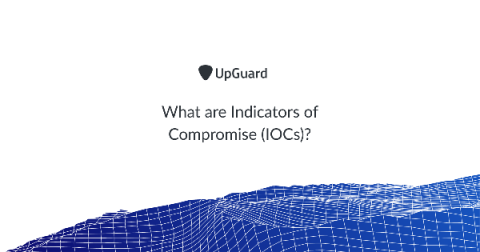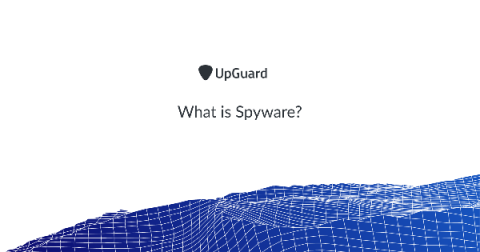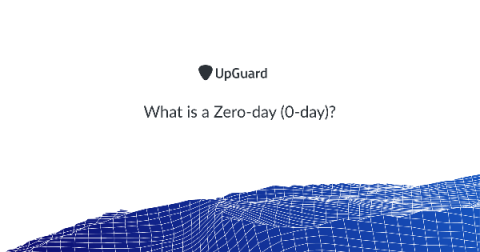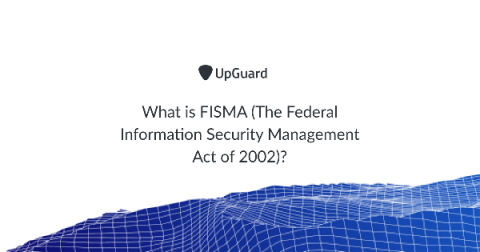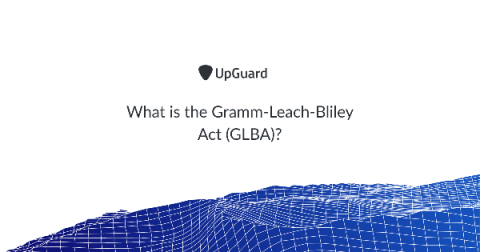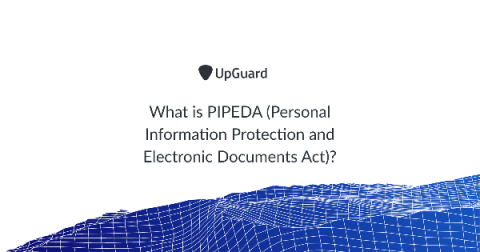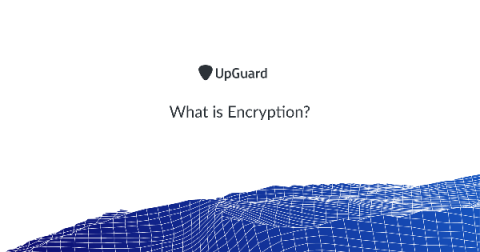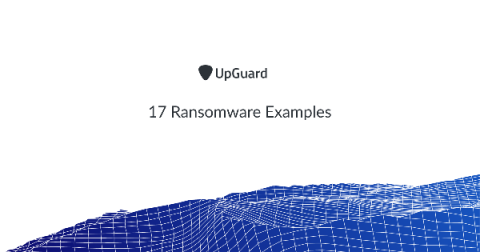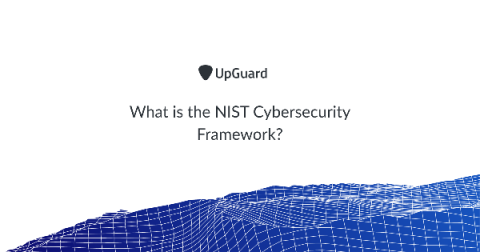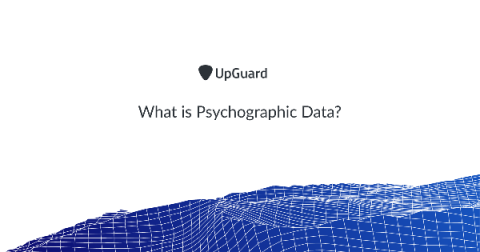What are Indicators of Compromise (IOCs)?
Indicators of compromise (IOCs) are pieces of forensic data, such as system log entries, system files or network traffic that identify potentially malicious activity on a system or network. Digital forensics security analysts and information security professionals use indicators of compromise to detect data breaches, malware infections and other security incidents.


